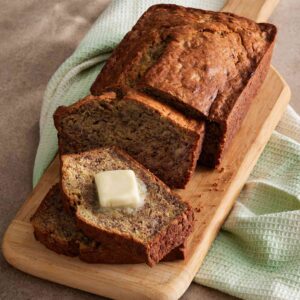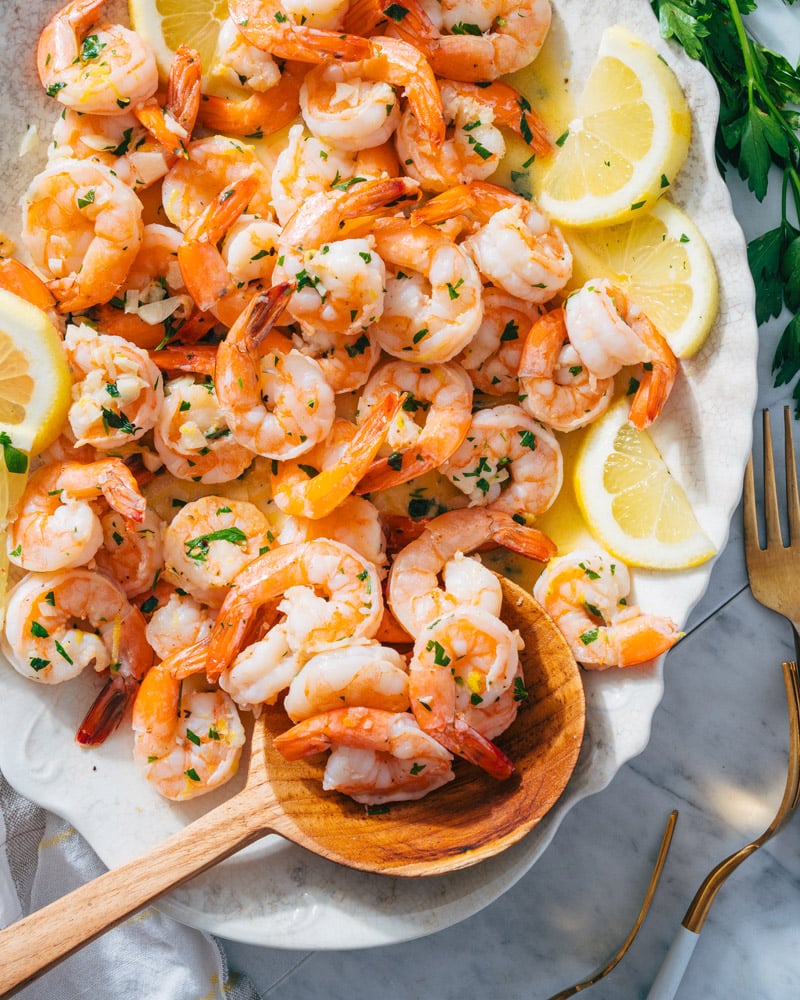Table of Contents
In a world where fast food and sugary treats often tempt our little ones, finding healthy snacks for kids can be a rewarding challenge. As parents and caregivers, we want to ensure our children grow strong, stay energetic, and develop lifelong healthy eating habits. The good news is that delicious and nutritious snacks for kids don’t have to be bland or boring. In this guide, we’ll explore a variety of healthy snack options that are not only kid-approved but also simple to prepare.
The Benefits of Healthy Snacks for Kids
Healthy snacks for kids offer numerous benefits that contribute to their overall well-being and development. Here are some of the key advantages of providing healthy snacks to children:
- Nutrient-Rich: Healthy snacks provide essential nutrients that growing bodies and brains require. Nutrient-dense snacks can supply vitamins, minerals, and other essential compounds needed for proper growth and development.
- Energy Boost: Snacks can help maintain children’s energy levels between meals, preventing energy crashes and mood swings. Complex carbohydrates, fiber, and protein in healthy snacks provide sustained energy.
- Improved Concentration: Balanced snacks can enhance cognitive function and concentration. Nutrients like omega-3 fatty acids and antioxidants support brain health and cognitive development.
- Healthy Weight Management: Offering nutritious snacks helps children maintain a healthy weight by preventing excessive hunger and reducing the likelihood of overeating during meals.
- Blood Sugar Control: Healthy snacks with a balance of carbohydrates, protein, and fiber can help regulate blood sugar levels, reducing the risk of energy spikes and crashes.
The Benefits of Healthy Snacks for Kids
Name the types of Healthy Snacks for Kids
Healthy snacks for kids can provide essential nutrients while satisfying their taste buds. Here are various types of healthy snacks that are suitable for children:
- Fresh Fruits:
- Sliced apples with peanut butter or almond butter.
- Banana slices with a sprinkle of cinnamon.
- Berries like strawberries, blueberries, or raspberries.
- Sliced oranges or mandarins.
- Grapes or grape tomatoes.
- Vegetable Sticks with Dip:
- Carrot and cucumber sticks with hummus.
- Celery sticks with cream cheese or peanut butter.
- Cherry tomatoes with a yogurt-based dip.
- Whole Grain Snacks:
- Whole grain crackers with cheese slices.
- Popcorn (preferably air-popped and lightly seasoned).
- Whole wheat mini-pita with hummus or a lean protein filling.
- Dairy and Dairy Alternatives:
- Greek yogurt with honey or fresh fruit.
- Cheese cubes or cheese strings.
- Low-fat or almond milk with a piece of fruit.
- Nuts and Seeds (Age-Appropriate):
- Almonds, walnuts, or cashews (for older children).
- Sunflower or pumpkin seeds.
- Nut or seed butter (spread on whole grain crackers or apple slices).
- Smoothies: Blended with yogurt or milk, fruits, and a handful of greens like spinach or kale.
- Homemade Trail Mix: Mix unsalted nuts, seeds, dried fruits, and a few dark chocolate chips.
- Hard-boiled eggs: A good source of protein and vitamins.
- Low-Sugar Cereals: Whole grain cereals with milk or a milk alternative.
- Homemade Energy Bites: Made with oats, nut butter, honey, and mix-ins like dried fruits or dark chocolate chips.
- Frozen Treats: Frozen yogurt or fruit popsicles made with real fruit and yogurt..
When providing snacks for children, it’s essential to balance taste and nutrition while being mindful of any food allergies or dietary restrictions they may have. Additionally, portion control is crucial to avoid overeating, and parents should encourage drinking water alongside snacks to promote hydration.
Name the types of Healthy Snacks for Kids
How to Make Healthy Snacks for Kids
Making healthy snacks for kids is easy! Here are some tips on how to make healthy snacks that your kids will love:
- Get your kids involved in the cooking process by letting them help you prepare the snacks.
- Use fresh ingredients like fruits and vegetables.
- Avoid processed foods that are high in sugar and unhealthy fats.
- Make your own dips and spreads using healthy ingredients like hummus or guacamole.
Conclusion
As we wrap up our exploration of healthy snacks for kids, it’s evident that making nutritious choices can be a delightful experience for both parents and children. These tasty treats not only provide essential nutrients but also pave the way for a lifetime of smart eating habits. By incorporating wholesome ingredients, introducing a variety of flavors, and involving kids in the snack preparation process, we can nurture their love for good food and create a positive relationship with nutrition.
Call to Action
Let’s remember that healthy snacking isn’t just about keeping our children’s tummies satisfied; it’s about nurturing their growth, fueling their adventures, and ensuring they have the energy and vitality to thrive. As parents and caregivers, we have the power to shape their preferences and set them on a path toward a lifetime of good health.
Follow us to see more useful information, as well as to give us more motivation to update more useful information for you.





